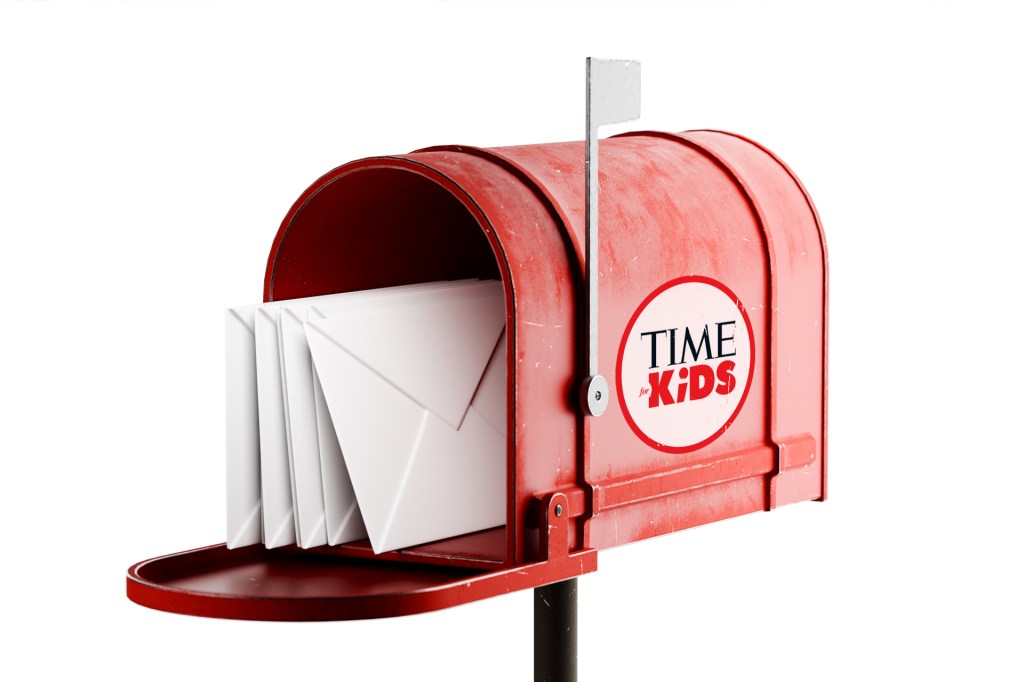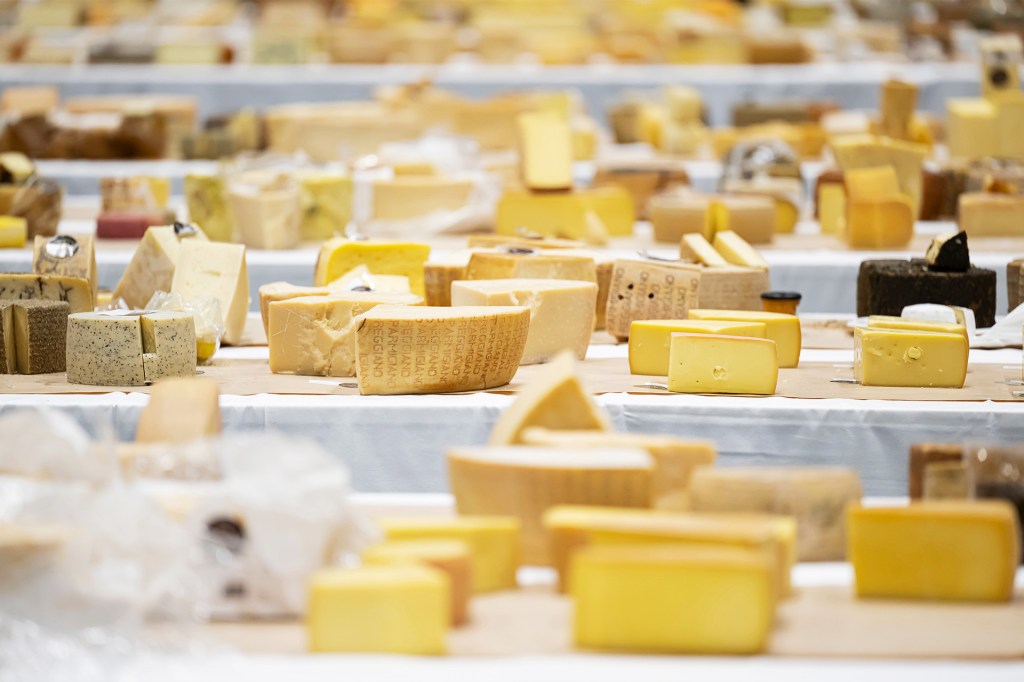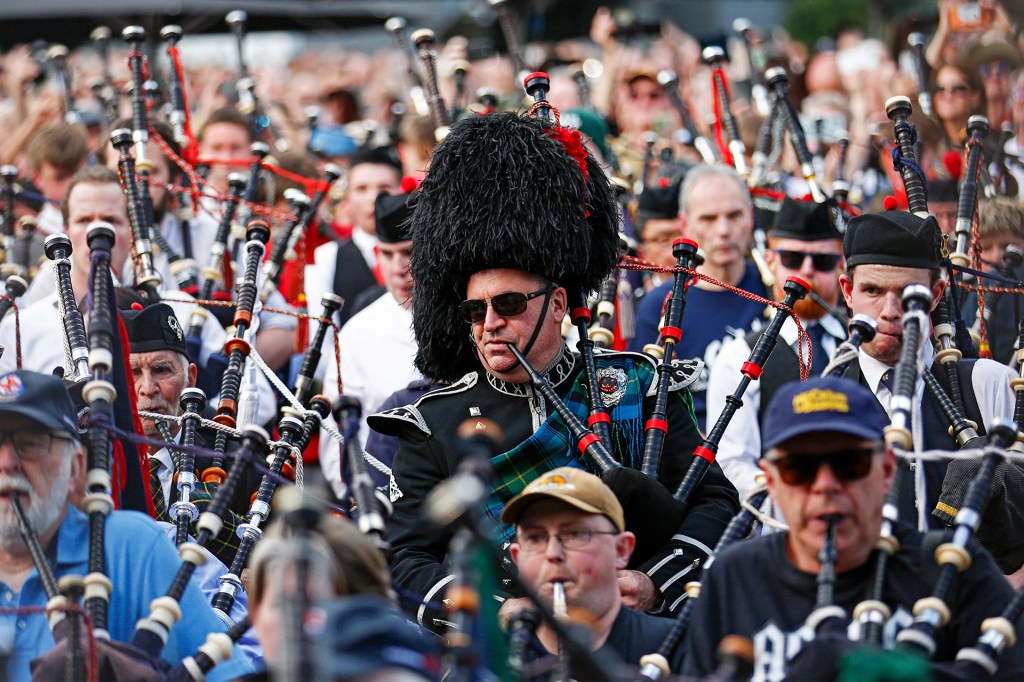Food for Good
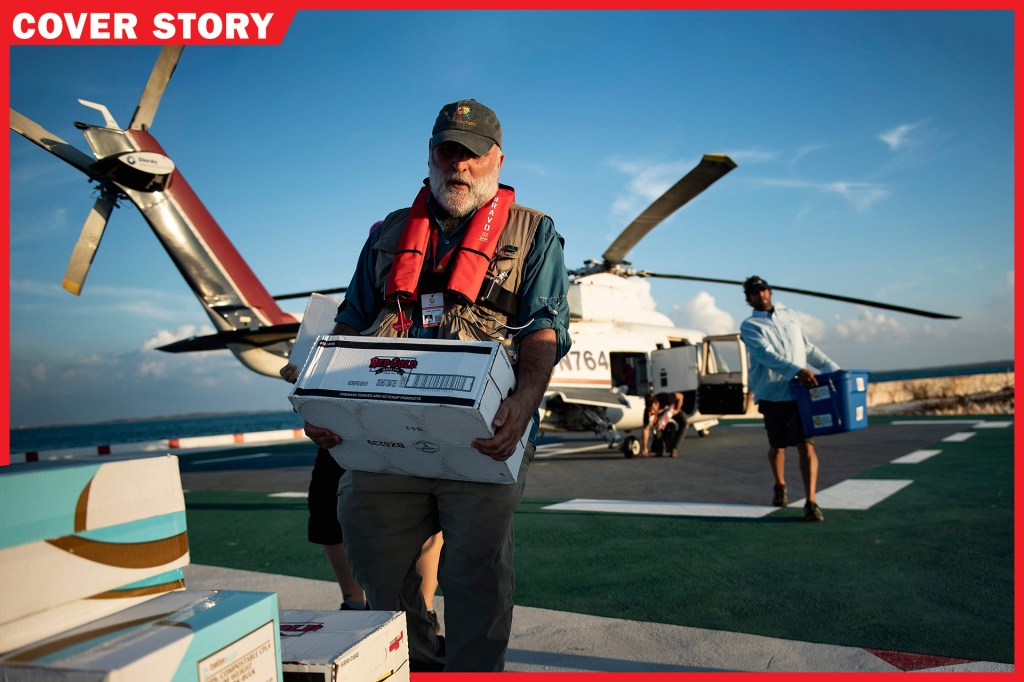
In late August, Hurricane Dorian formed over the Atlantic Ocean. The storm hit the Bahamas on September 1. It leveled
level
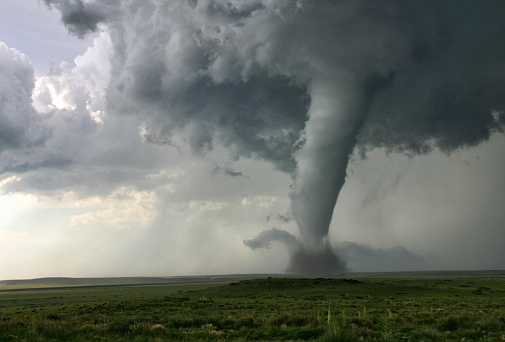 JASON PERSOFF—STORMDORCTOR/GETTY IMAGES
to knock something down
(verb)
The tornado leveled several buildings.
buildings, flooded neighborhoods, and killed 51 people. Many regions were left without power or water.
JASON PERSOFF—STORMDORCTOR/GETTY IMAGES
to knock something down
(verb)
The tornado leveled several buildings.
buildings, flooded neighborhoods, and killed 51 people. Many regions were left without power or water.
As soon as the storm passed, a team of chefs and other volunteers sprang into action. They assembled helicopters, ships, seaplanes, and trucks. They set up makeshift
makeshift
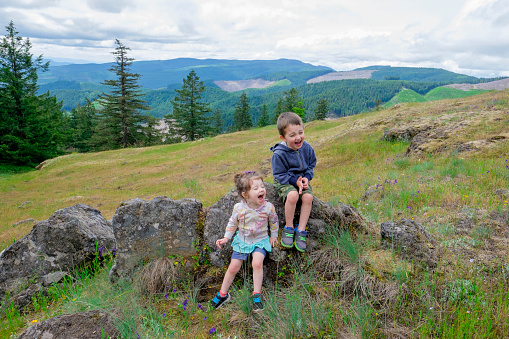 JOSHUA RAINEY—GETTY IMAGES
temporary; using the materials at hand
(adjective)
The boulder served as a makeshift stool.
kitchens. They began churning out 30,000 meals a day. Then they started delivering food. They went to schools, clinics, and churches. Leading the charge was chef José Andrés.
JOSHUA RAINEY—GETTY IMAGES
temporary; using the materials at hand
(adjective)
The boulder served as a makeshift stool.
kitchens. They began churning out 30,000 meals a day. Then they started delivering food. They went to schools, clinics, and churches. Leading the charge was chef José Andrés.
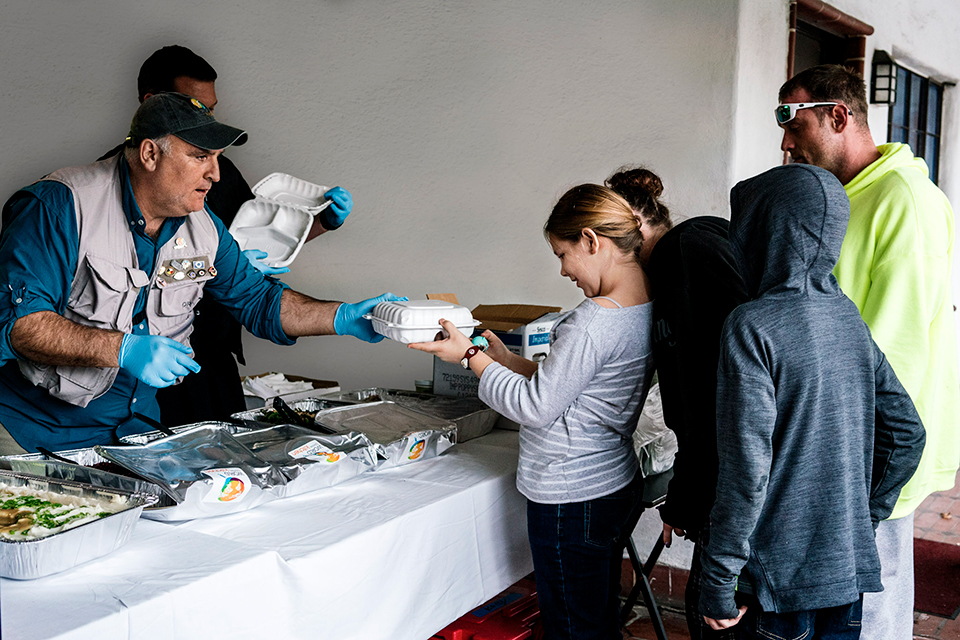
A HOT MEAL Chef José Andrés serves food to survivors of California’s Camp Fire, in 2018.
WORLD CENTRAL KITCHENAndrés owns popular restaurants in the United States. He’s also the founder of World Central Kitchen (WCK). That’s a nonprofit group. It cooks meals for people affected by natural disasters and other emergencies.
“We will make it to everyone who needs food, one way or another,” Andrés told TIME for Kids from the Bahamas. At press time, WCK had served about 300,000 meals there.
Chefs in Action
WCK began the disaster-relief phase of its mission in 2016. That’s when Hurricane Matthew hit Haiti. It left many people without food.
Usually, after an emergency, relief agencies give out nonperishable
nonperishable
 JOSE LUIS PALAEZ INC./GETTY IMAGES
able to be stored for a long time
(adjective)
My class collected canned goods and other nonperishable items for the homeless shelter.
, prepackaged meals. Some of the food isn’t very healthy. Often, it doesn’t taste great.
JOSE LUIS PALAEZ INC./GETTY IMAGES
able to be stored for a long time
(adjective)
My class collected canned goods and other nonperishable items for the homeless shelter.
, prepackaged meals. Some of the food isn’t very healthy. Often, it doesn’t taste great.
Andrés thought he could do better. As a chef, he had experience finding ingredients. He was good at creating recipes. And he was skilled at running a kitchen. Plus, he knew the power of food. “A hot meal represents love. It represents hope and humanity
humanity
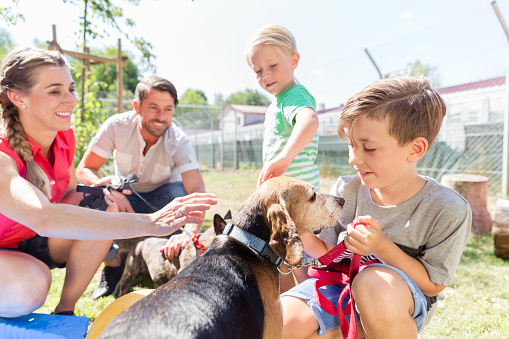 KZENON—GETTY IMAGES
the quality or state of being kind to humans or animals
(noun)
After Zack volunteered at the animal shelter for the summer, his mother praised his sense of humanity.
,” Andrés says. “This human connection is so important when people are deeply affected by disaster.”
KZENON—GETTY IMAGES
the quality or state of being kind to humans or animals
(noun)
After Zack volunteered at the animal shelter for the summer, his mother praised his sense of humanity.
,” Andrés says. “This human connection is so important when people are deeply affected by disaster.”

GOOD TO EAT A child in the Bahamas enjoys a World Central Kitchen meal after Hurricane Dorian.
WORLD CENTRAL KITCHENThe food served by WCK is fresh and healthy. When possible, it incorporates local ingredients. Recipes are designed to appeal to the tastes of the region.
WCK chefs have shortcuts for cooking large amounts of food quickly. Andrés grew up in Spain. There, cooks use massive pans to make a rice dish called paella. He realized paella pans could be used for all kinds of food. Now WCK cooks use them for everything from pasta to jambalaya. They can cook for 500 people at a time this way.
“When there’s a medical emergency, who do you send in? Doctors, of course,” says Nate Mook. He is WCK’s executive director. “When there’s a food emergency, we should send in the people who know food best—and that’s chefs.”
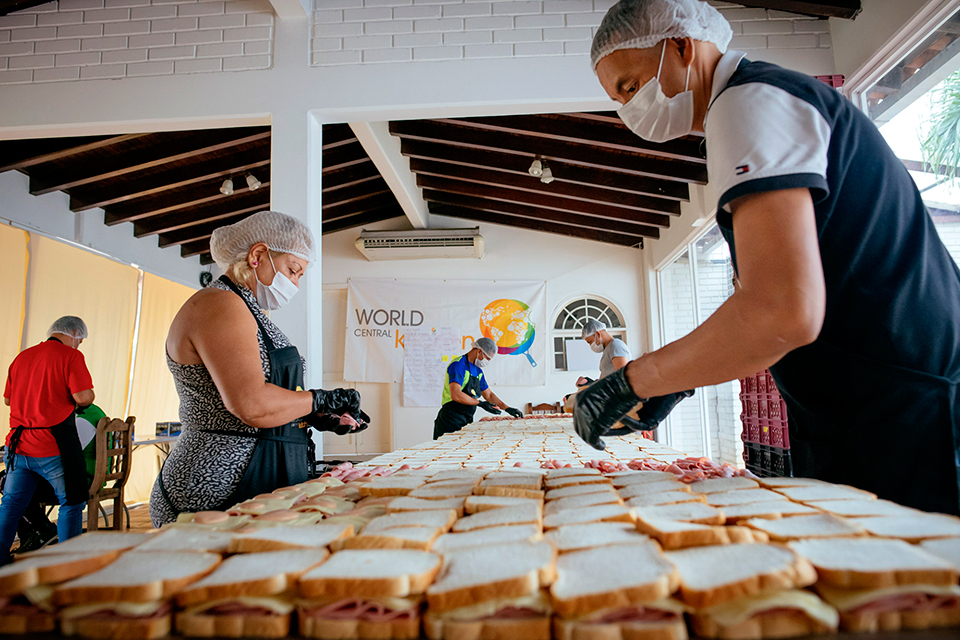
TEAM EFFORT World Central Kitchen volunteers feed hungry people in Venezuela earlier this year.
WORLD CENTRAL KITCHENBetter Together
WCK has about 25 staff members. But much of its work is done by volunteers. Many are from the affected areas. Twenty thousand volunteers served almost 4 million meals after Hurricane Maria hit Puerto Rico, in 2017.
Andrés told TFK about a 10-year-old girl there named Lola. She ran an entire section of the kitchen on her own. “She became a general in my army of volunteers,” he says. “She’s my hero.”
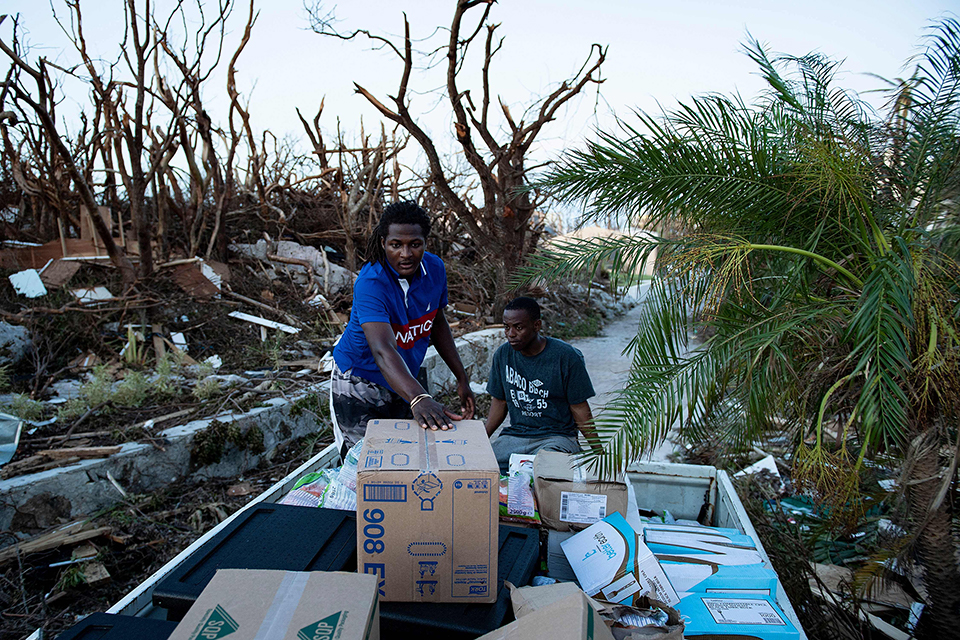
IN THE AFTERMATH World Central Kitchen volunteers transport food by boat to survivors of Hurricane Dorian.
BRENDAN SMIALOWSKI—AFP/GETTY IMAGESClean Cooking
In Haiti, it’s common for school meals to be cooked indoors over open fires. This can be dangerous. And it’s not healthy for students, teachers, and cooks. They breathe smoke from the flames.
WCK wants to help. The group has built or renovated more than 140 schools in Haiti. In many of them, it has installed gas stoves. It has also installed sinks and water lines. That makes cleanup easier.
Together, this has made schools cleaner and safer for more than 65,000 people.
Looking for the cover quiz? After you sign in, click on the Resources tab to search Teaching Resources for printable versions of all our quizzes.





